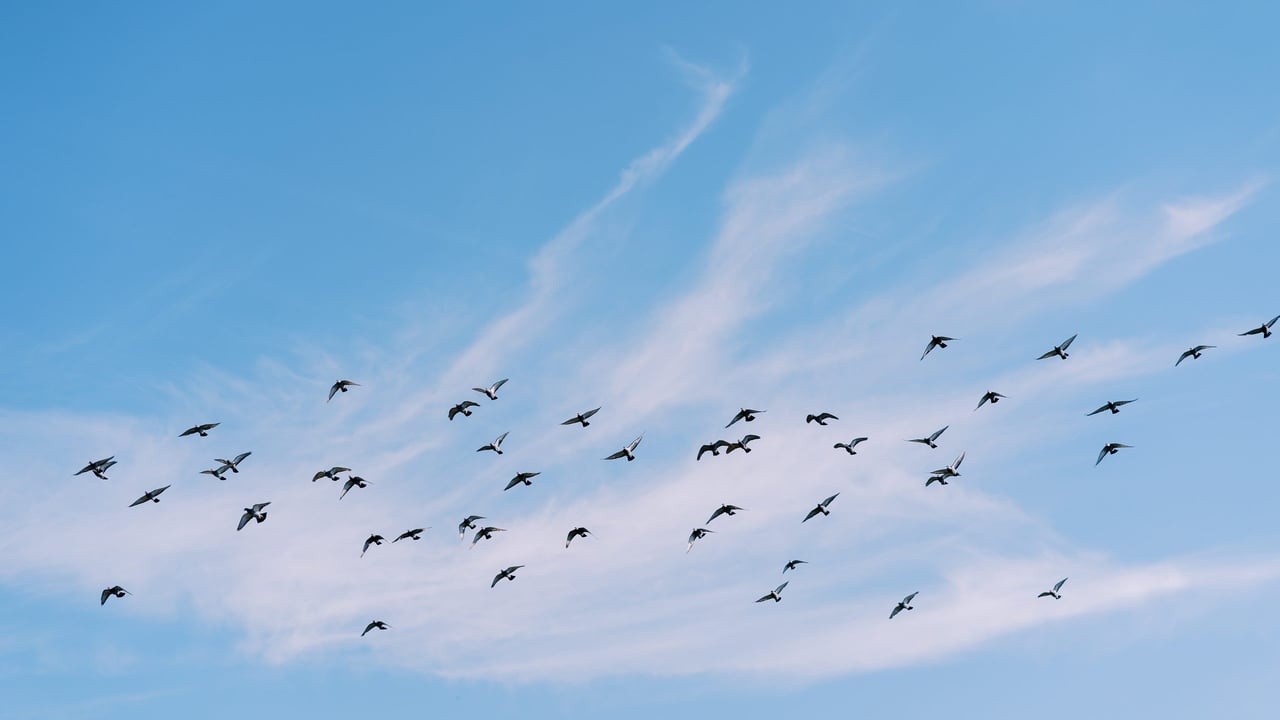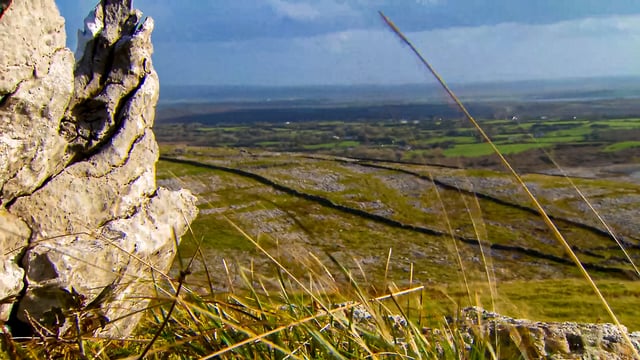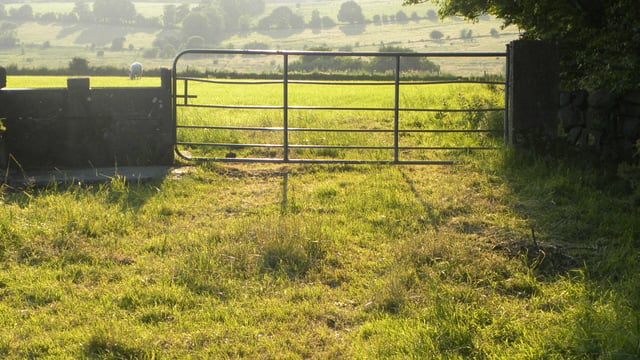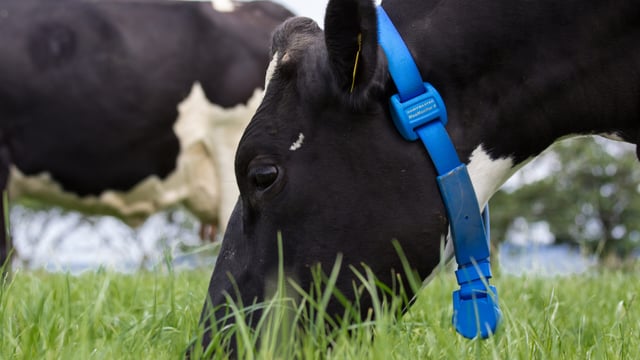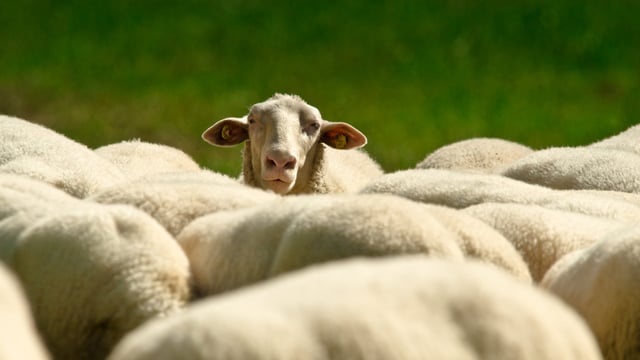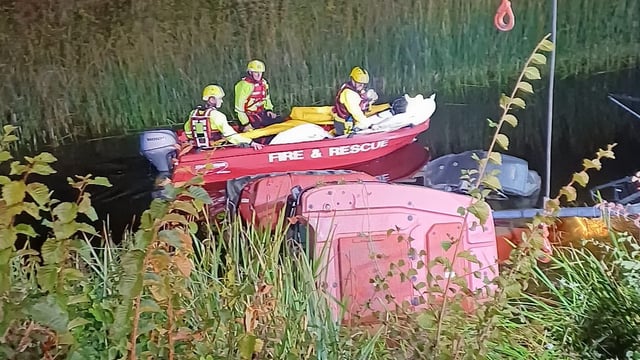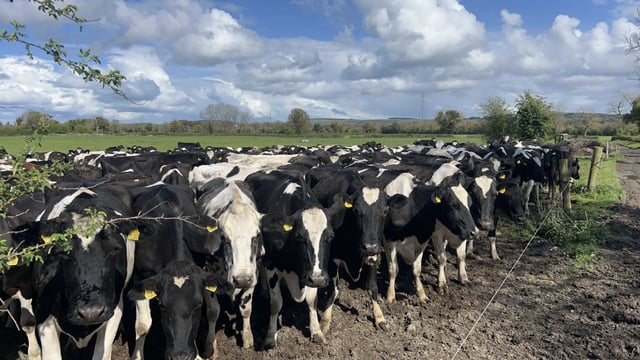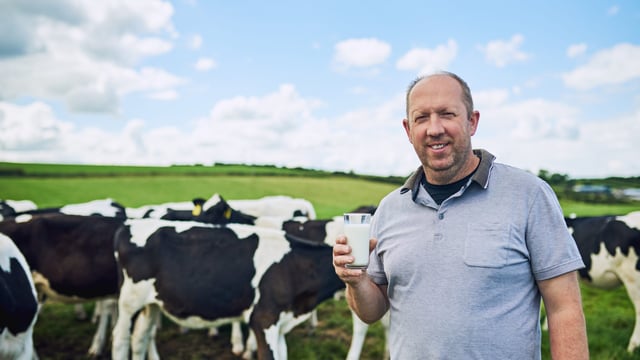Cork City Council confirms number of cases of bird flu at wildfowl sanctuary
Cork City Council today (Tuesday, September 23) confirmed that a number of cases of avian influenza (bird flu) have been identified at The Lough Bird Sanctuary.
The council said bird flu is "currently circulating in wild birds" and has been detected following tests on a number of birds which were found dead at The Lough.
It has issued a warning to anyone visiting the The Lough to "avoid contact with sick or dead wild birds" at the location.
"A temporary ban on fishing has been introduced at the amenity and its bird feeder has been decommissioned temporarily, as a precaution," the council added.
The Lough is managed by Cork City Council, it highlighted today that "agreed protocols are in place to ensure the swift removal of sick or dead birds from the area".
"The city council and the Cork Society for Prevention of Cruelty to Animals (CSPCA) are providing expert advice to the Department of Agriculture Food and the Marine (DAFM)in relation to the bird flu cases in wild birds at the Lough, and they are undertaking intensive monitoring and surveillance of the birds present there," it added.
Bird flu
Separately the European Food Safety Authority (EFSA) and the European Commission has released a new "communication toolkit" designed to help farmers and anyone coming into contact with farms to safeguard poultry, other animals and people from bird flu.
The toolkit has been launched to coincide with the start of the new migratory season in Europe.
It aims to raise awareness about the importance of applying simple biosecurity steps, particularly on small and medium-sized farms.
According to EFSA by adopting these measures, farmers will help to "protect animal and public health, ensure food production stability, and minimise disruptions to trade".
Claire Bury, deputy director general for food sustainability at the European Commission said: "With winter approaching, and the threat of avian influenza rising, everyone must play their part in preventing new outbreaks.
"From farmers, workers and small flock holders, to vets and farm visitors, simple precautions can make a real difference in reducing the spread of this serious disease.
"This campaign provides practical guidance to help protect flocks and safeguard Europe’s poultry sector."

